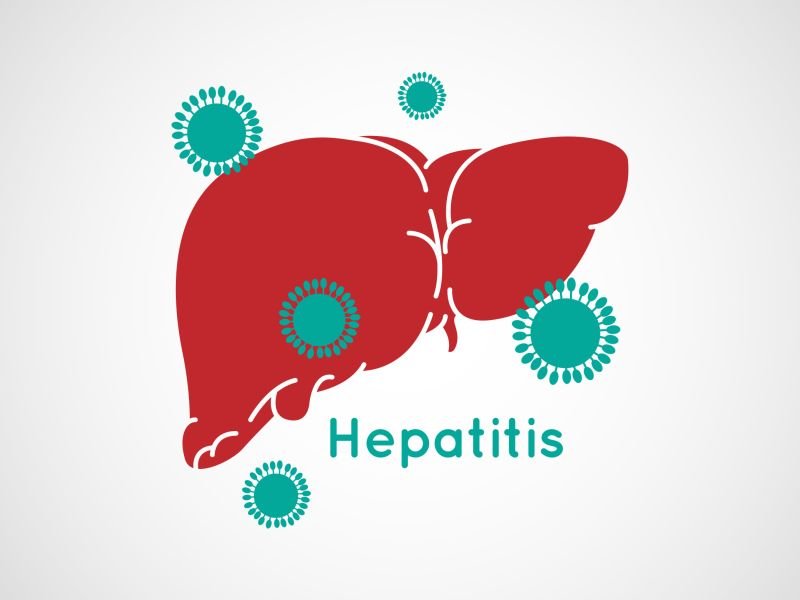All healthcare companies (care homes) must ensure that staff receive the immunisations that are appropriate for their role.
Immunising healthcare staff is necessary to:
- protect them and their family
- protect patients and people using the service, particularly people in more vulnerable circumstances and those who are immunosuppressed
- protect other healthcare staff
- enable services to run without disruption.
You should be able to show that the practice has an effective employee immunisation programme. This includes demonstrating how you arrange this service. As well as this:
- all employees should have HEP B & MMR Vaccine.
- new employees should have a pre-employment health assessment.
These assessments should include a review of their immunisation needs.
Vaccinations for all staff in contact with patients
Everyone who has direct contact with patients should be up-to-date with routine immunisations including HEP B & MMR Vaccine. This includes reception staff and those who handle samples or need to clean up bodily fluids. The immunisations are to protect against:
- tetanus
- polio
- diphtheria
- measles, mumps and rubella (MMR) – this is particularly important to avoid transmission to people who are more vulnerable of health problems should they acquire the disease/infection. Evidence of satisfactory immunity to MMR is either:
- a positive antibody test to measles and rubella (Blood test)
- having 2 doses of the MMR vaccine.
Some staff may need further vaccinations for:
- Bacillus Calmette–Guérin (BCG) if they have close contact with patients with infectious tuberculosis (TB)
- Hepatitis B and relevant boosters if they have:
- direct contact with patients’ blood or blood-stained body fluids, such as from sharps
- are at risk of being injured or bitten by patients
- Varicella (chickenpox) if they have direct contact with patients and either cannot give a definite history of chickenpox or shingles or have a blood test which does not show they are immune.

What hepatitis B immunisation involves
Full protection involves having 3 injections of the hepatitis B vaccine at the recommended intervals.If you're a healthcare worker or you have kidney failure, you'll have a follow-up appointment to see if you have responded to the vaccine. If you have been vaccinated by your employer's occupational health service, you can request a blood test to see if you have responded to the vaccine.
Price: £65 (each Dose)

What MMR immunisation involves
Measles can be prevented with measles-containing vaccine, which is primarily administered as the combination measles-mumps-rubella (MMR) vaccine. The combination measles-mumps-rubella-varicella (MMRV) vaccine can be used for children aged 12 months through 12 years for protection against measles, mumps, rubella and varicella. Single-antigen measles vaccine is not available. One dose of MMR vaccine is approximately 93% effective at preventing measles; two doses are approximately 97% effective. Almost everyone who does not respond to the measles component of the first dose of MMR vaccine at age 12 months or older will respond to the second dose.
Price: £45 (each Dose)
Who should take measles-mumps-rubella (MMR) vaccine:
Healthcare workers
Protection of healthcare workers/nurses is especially important in the context of their ability to transmit measles or rubella infections to vulnerable groups. While they may need MMR vaccination for their own benefit, on the grounds outlined above, they also should be immune to measles and rubella for the protection of their patients.
Healthcare worker with unknown or incomplete vaccination histories. Healthcare worker/ nurses from developing countries will probably have received a measles-containing vaccine in their country of origin but may not have received mumps or rubella vaccines. Unless there is a reliable history of appropriate immunisation, individuals should be assumed to be unimmunised and the recommendations above should be followed.
Individuals aged 18 months and over who have not received MMR should receive two doses at least one month apart. An individual who has already received one dose of MMR should receive a second dose to ensure that they are protected.
International travellers
People 6 months of age or older who will be traveling internationally should be protected against measles. Before traveling internationally,
Infants 6 through 11 months of age should receive one dose of MMR vaccine. Children 12 months of age or older should have documentation of two doses of MMR vaccine (the first dose of MMR vaccine should be administered at age 12 months or older; the second dose no earlier than 28 days after the first dose).
Teenagers and adults born during or after 1957 without evidence of immunity against measles should have documentation of two doses of MMR vaccine, with the second dose administered no earlier than 28 days after the first dose.

